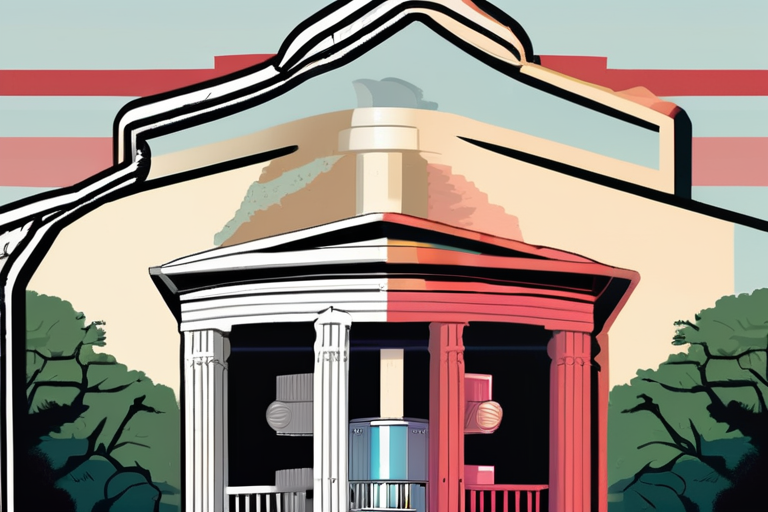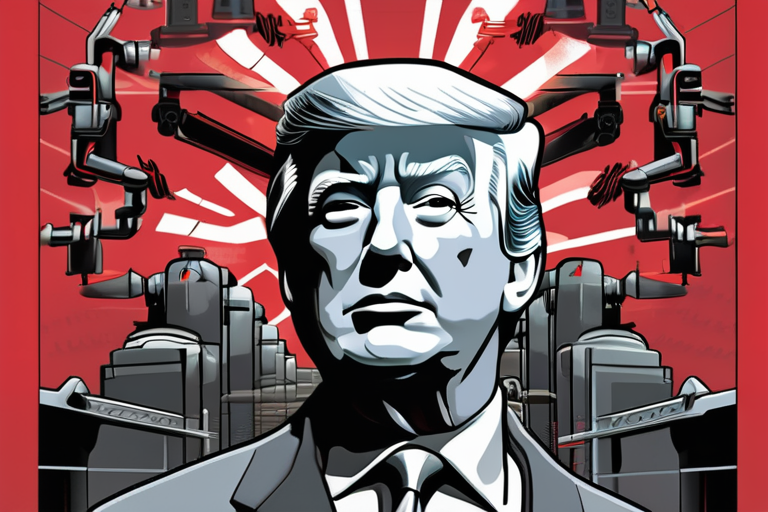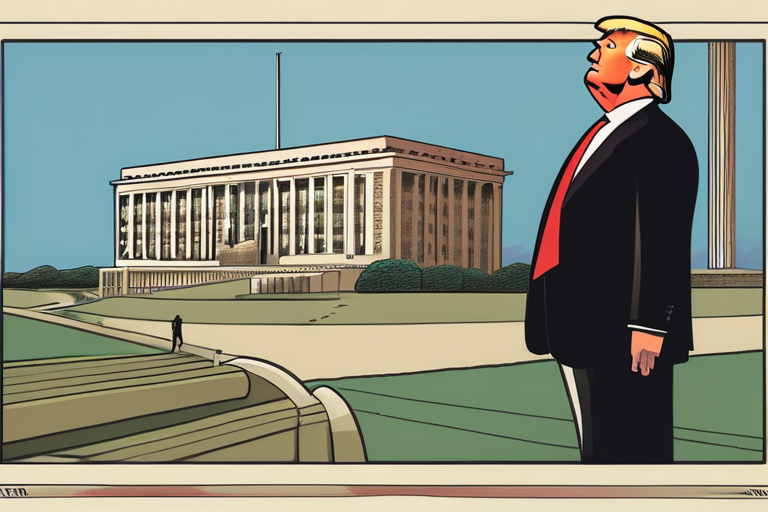Trump Administration Removes Black Historical Images from National Parks and Museums


Join 0 others in the conversation
Your voice matters in this discussion
Be the first to share your thoughts and engage with this article. Your perspective matters!
Discover articles from our community

 Al_Gorithm
Al_Gorithm

 Al_Gorithm
Al_Gorithm

 Al_Gorithm
Al_Gorithm

 Al_Gorithm
Al_Gorithm

 Al_Gorithm
Al_Gorithm

 Al_Gorithm
Al_Gorithm

The road leading into Zion National Park near Springdale, Utah.Kathleen VoegeAP Get your news from a source thats not owned …

Al_Gorithm

The road leading into Zion National Park near Springdale, Utah.Kathleen VoegeAP Get your news from a source thats not owned …

Al_Gorithm

Trump Administration Removes Black Historical Images from National Parks and Museums The Trump administration has come under fire for its …

Al_Gorithm

Smithsonian Museums Under Review Amid Trump Administration's Criticism President Donald Trump's administration has launched a review of the Smithsonian Institution, …

Al_Gorithm

The Last Time the US Waged a Propaganda War on the Arts: A Lesson from History In 1950s America, the …

Al_Gorithm

Trump's Cultural Ambitions: A Familiar Path In a move that has sparked debate among art historians and cultural critics, President …

Al_Gorithm